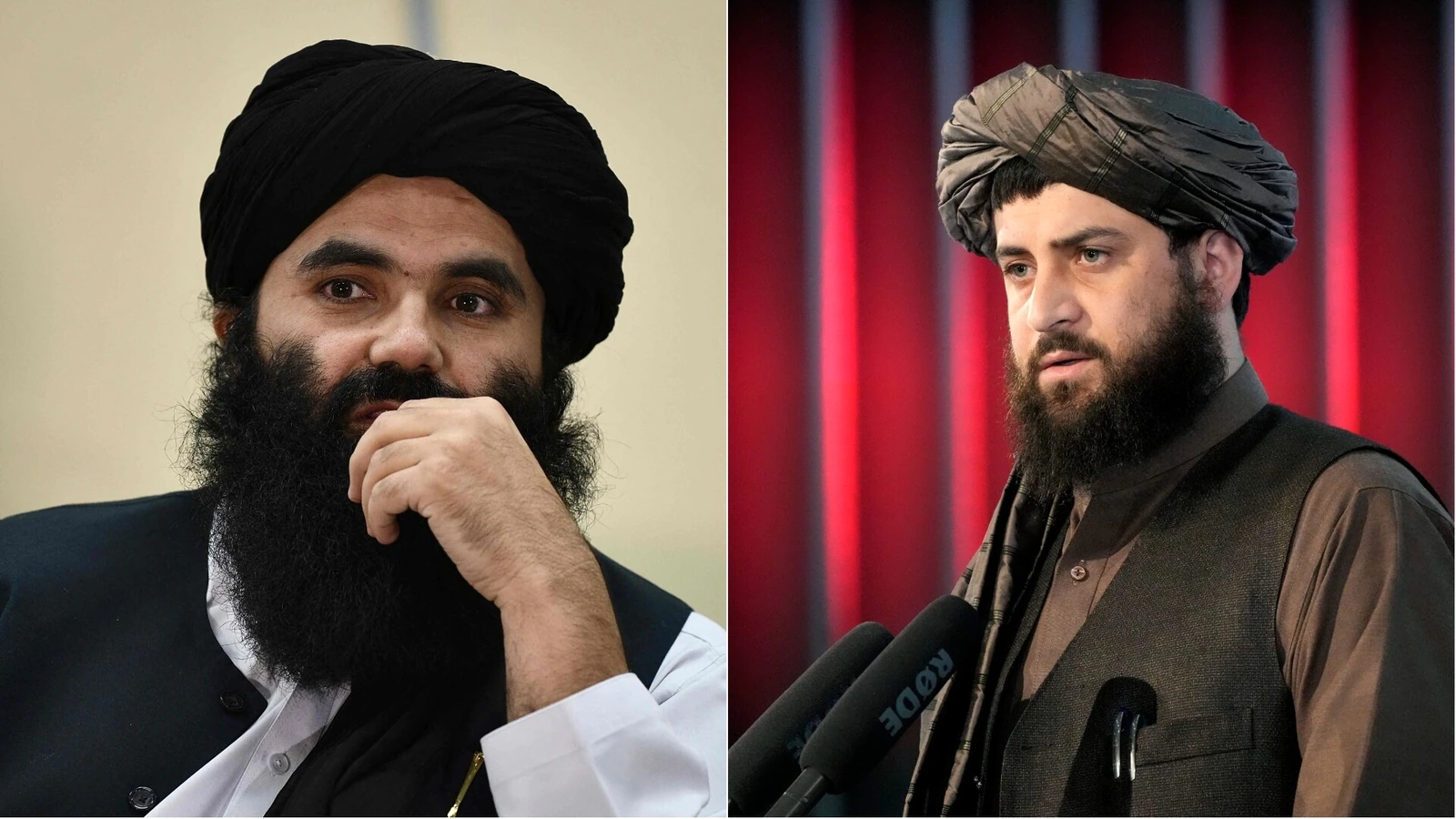During a bilateral meeting in Kabul last week, the leadership of the Taliban’s peak convinced India that it would not allow terrorism to the third country from its land but also acted against terrorists based on PAK based on intelligence ended in PIN.
It is known that the leader of the Indian delegation and AF-PAK expert J P Singh met with Defense Minister Mullah Yaqoob and Interior Minister Sirajuddin Haqqani apart from Foreign Minister Amir Khan Muttaqi in Kabul at the invitation of the Taliban government. The meeting took place after the National Security Advisor Ajit Doval at the Regional Security Summit in Dushanbe asked NSA colleagues in Russia, China, Iran and the Central Asian Republic to improve the ability of Afghanistan to fight terrorism and terrorists that pose a threat to regional peace and security.
According to information available from Kabul and New Delhi, the Taliban leadership does not only promise actions against Indian specific groups based in Pakistan such as Jaish-e-Mohammed, Lashkar-e-toiba and Hizbul Mujahideen but also terrorists from Al Qaeda in Sub- The continent (aqis) provided that specific information is provided.
Indian perception of bilateral meetings is that the relationship between the Taliban regime with Al Qaeda is not the same as during the days of Osama bin Laden in recent decades but there are question marks about the commitment and ability of the Taliban foot soldiers to face the Salafist of terrorist groups. Aqis has tried to take credit for terrorist attacks in the sub-euan with the aim of increasing his foot printing in the region. On June 5-6, it threatened both Bangladesh and India with suicide bombings because they tried to defame Islam and the Prophet.
Intelligence input shows that Aqis and what is called the Islamic State of Khorasan Province (ISKP) is also a branded product of terror factory based in Pakistan with deep state involvement. India has told shareholders in the region and in the West that the terror attacks in the interior of India will be filled with strong retaliation.
While the leading leadership of the Taliban is committed to acting against terror against India, the Modi government has decided to continue with humanitarian assistance and the rise of infrastructure projects and power plants in a state of disputes. With New Delhi directly involving the Taliban about the interests and joint stability in Afghanistan, the meaning of the Central Asian Republic as bordered by Tajikistan in the context of the Kabul has dropped several notching below in priority. The fact is that India no longer needs to operate hospitals throughout Darya or present at the Military Base in Tajikistan, which opposes the Taliban regime and is actually trapped in Chinese debt traps.Direct dialogue with the Taliban will not only take care of Indian strategic interests in the region but also protect Pakistan and Middle Eastern allies like Turkey in Tenthooks and also act as a prevention of any damage to New Delhi.

